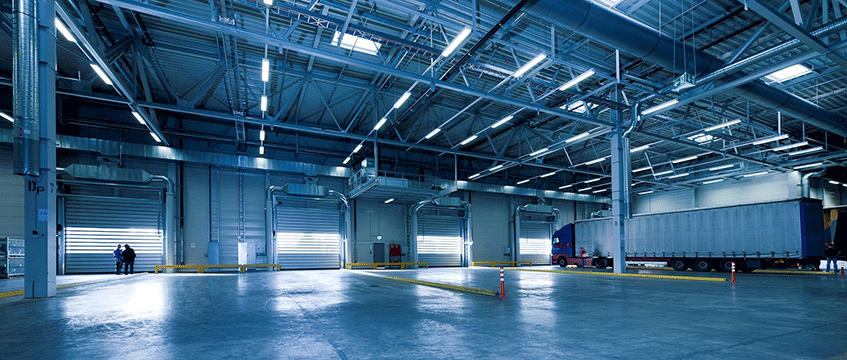Revenue rose by 23.5% during the six months ended 30 September at Industrials REIT, from just over £20m to £24.7m.
Chief executive Paul Arenson said occupier demand remained strong over the period, pushing up rental income by 23% from £15.1m to £18.6m.
“Strong occupier demand has continued to drive substantial rental uplifts across our UK MLI portfolio over the first half of the year,” said Arenson. “Our assets remain highly affordable and continue to attract an increasingly diverse range of businesses and now comprise over 1,500 separate occupiers. In this period, the average passing rent increased by a record 29% on new lettings and lease renewals.”
The firm said it had seen eight consecutive quarters of 20%-plus average growth in rent at lease renewal or on new lease agreements. On a like-for-like basis, annual passing rent was up by 4% with annual ERVs up by 12.3%, demonstrating potential for further rental growth.
A total of 197 lettings were completed during the period, with average lease incentives now less than one month rent-free on an average term of 4.5 years.
Occupancy dipped slightly from 93.6% at the end of March to 92.8% at the end of September, but Industrials REIT said this was due to “proactive steps taken to forfeit and replace non-performing Covid-era tenancies”.
Despite a small drop in the value of its portfolio from £685.8m at the end of March to £656.5m at 30 September, Arenson said the group was “well positioned to weather pressure on valuations and rising debt costs”.
The group has a loan-to-value ratio of 26.5% and no refinancing until 2025. Some 90% of its debt is at fixed rates or hedged against rising interest rates until November next year.
Industrials REIT said a weakening in the investment market, combined with higher interest rates, had led it to take the strategic decision not to draw down on the £27m loan facility it signed in May 2022.
“Asset pricing has not yet found its projected level, which, combined with high interest costs, means that debt does not enhance returns as it has done previously,” said the group. “Drawing expensive debt speculatively while the market settles was deemed unnecessary when we already benefit from an undrawn £25m revolving credit facility, although refinancing existing facilities to include currently unsecured assets remains an option in the future.”
The group said it would focus on “consolidating operational efficiencies” while there was a “hiatus in investment activity”, but would be prepared to re-enter the investment market when appropriate.
“We anticipate that the current macroeconomic headwinds will see the investment market go through a period of repricing, and we look forward to being able to capitalise on opportunities once the operating environment stabilises,” said Arenson.
To send feedback, e-mail piers.wehner@eg.co.uk or tweet @PiersWehner or @EGPropertyNews











